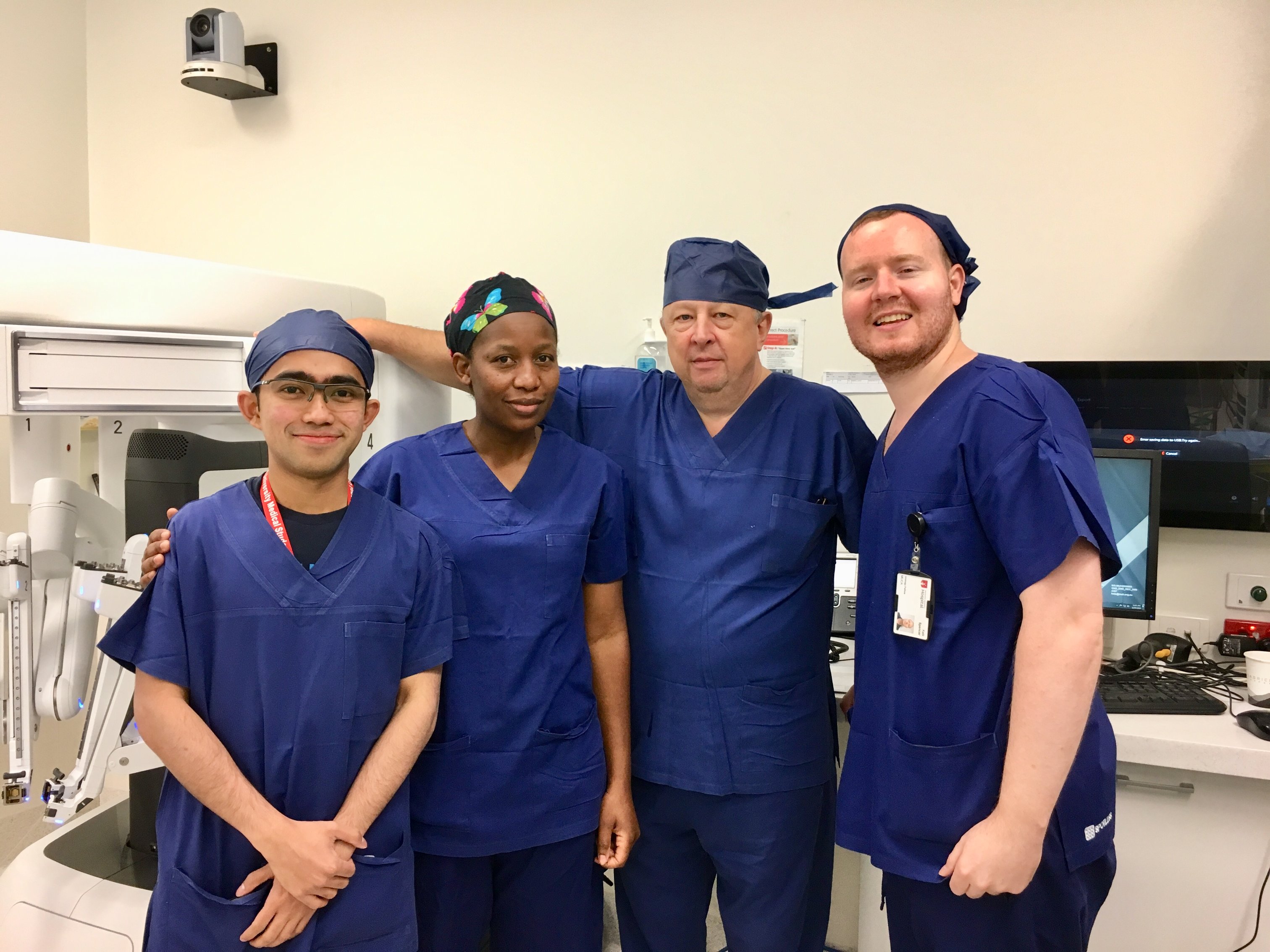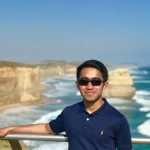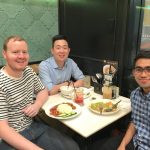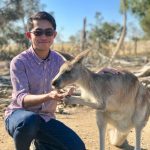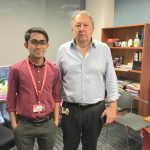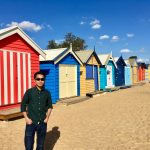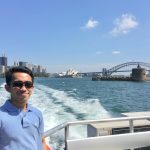Elective Report by Mohamad Namzi Nordin – Recipient of the Ray Murray Travelling Fellowship
Medical electives are the most opportune time for us medical students to explore our passions. For me, that passion is surgery in general, but ultimately, I believe the field of Urology might be “The One” for me. Hence, the opportunity to spend time and be under the tutelage of a renowned surgeon in the best possible environment, is the perfect platform for me to learn from the very best and observe first-hand the expertise I hope to emulate one day in my career.
I spent two weeks in Hospital Tengku Ampuan Afzan (HTAA) in Malaysia and three weeks in Macquarie University Hospital (MUH) in Sydney, Australia under Urological Surgery. The clinicians supervising my attachment were Mr Hamid Ghazali of HTAA and Professor David Gillatt of MUH. Professor Gillatt is recognised as one of the world’s foremost robotic surgeons in the treatment of both prostate and bladder cancers, having performed more than 2000 major resections in his career. On top of that, MUH also offers one of the most extensive robotic surgery programme in the region and I was fascinated to seek some knowledge from them.
Meanwhile, HTAA is known as the biggest centre of reconstructive urological surgery in the East Coast of Malaysia. It was an interesting prospect for me to see how Malaysia’s best compares with the best from the Western world. Hopefully, by developing and sharing experiences with these esteemed clinicians, I will able to create a network and bridge gaps for the future.
My aim throughout the elective period was to compound and expand whatever knowledge I have in the field of urological surgery. It was an opportunity to have a deeper appreciation of the disease process of prostate and bladder cancers in vastly different clinical environments. Another point worth noting was the opportunity to observe how different management plans were tailored with respect to cultural and societal norms in each clinical setting. Expectations may differ from patient to patient, even if the malignancy was diagnosed as low risk. As a clinician, I feel I must be prepared to not only face these expectations but also help patients navigate through them.
Throughout those five weeks, by shadowing the consultants and their team, I tried my best to get the most out of experiencing the team dynamics and conduct both in clinics and theatres. I managed to see a variety of cases, including renal abscess, penile fibrosis and penile implant. It was also exciting to observe a range of procedures and surgeries, including percutaneous nephrolithotomy, TRUS biopsy, TURP, shock wave lithotripsy, ureteroscopy and urethroplasty.
At MUH, I was fascinated to observe a range of robotic surgeries including robotic-assisted laparoscopic prostatectomy, robotic-assisted partial nephrectomy, robotic-assisted hysterectomy, robotic-assisted hiatus hernia repair and fundoplication. The surgeries were slick and left me in awe. It was exciting to learn more about robotic surgeries.
I discovered that it is essential to appreciate the learning curve of robotic surgeries and to acknowledge that things can go wrong. It was an interesting experience as I witnessed a complication that happened during one of the robotic surgeries and how it was managed. Near the end of the robotic-assisted hiatus hernia repair surgery, there was a bleeding and the surgeon couldn’t locate the source of the bleeding. The surgeon had to re-open the stitches from the fundoplication, and he converted the robotic surgery to laparoscopy to fix the problem. As a feedback, he said that the bleeding may be caused by the stitching for the fundoplication being too tight. It was a lesson for us that although robotic surgeries may have better outcomes with a perfect and tidier stitching, they lack tactile feedback, which may lead to complications in some situations.
While the clinical and scientific practice in Malaysia, Australia and the UK are pretty much the same, there are still some differences that I have observed. As I was attached in Urology department, I saw many cases of renal stones. It was something new to me when some patients in Malaysia told me how they believed in superstition and alternative medicines. It was not an issue but it becomes a problem when they believed them more than anything, and chose to ignore the advice from medical professionals.
It is a bit unfair to compare my clinical experience in Australia as the hospital I was attached to was a private hospital, and I have not had much experience in private practice elsewhere. The hospital is very high-tech, utilising the latest technology including robotic surgeries and fancy equipment. I was particularly impressed to see TRUS (Trans rectal ultrasound) biopsy being done using robots (Biobots) as I have never seen it before.
I think the highlight of my elective was meeting amazing surgeons and learning from them. Other than Professor Gillatt and Mr Ghazali, I met Mr Munjed Al-Muderis, who is a renowned Orthopaedics surgeon. His pioneering work on prosthetics and patents on titanium devices, which he designed, places Australia at the forefront of osteointegration technology. Besides that, I had the opportunity to join Mr Michael Stephens in the operation theatre. Amazingly, he was the surgeon who performed the first successful liver transplant in Australia back in 1986. I was truly inspired meeting these individuals.
To conclude, I truly believe this elective experience will be an important and enriching step for me to further improve myself so hopefully, one day, I may humbly contribute to the field of medicine and simultaneously, the betterment of my fellow mankind.
